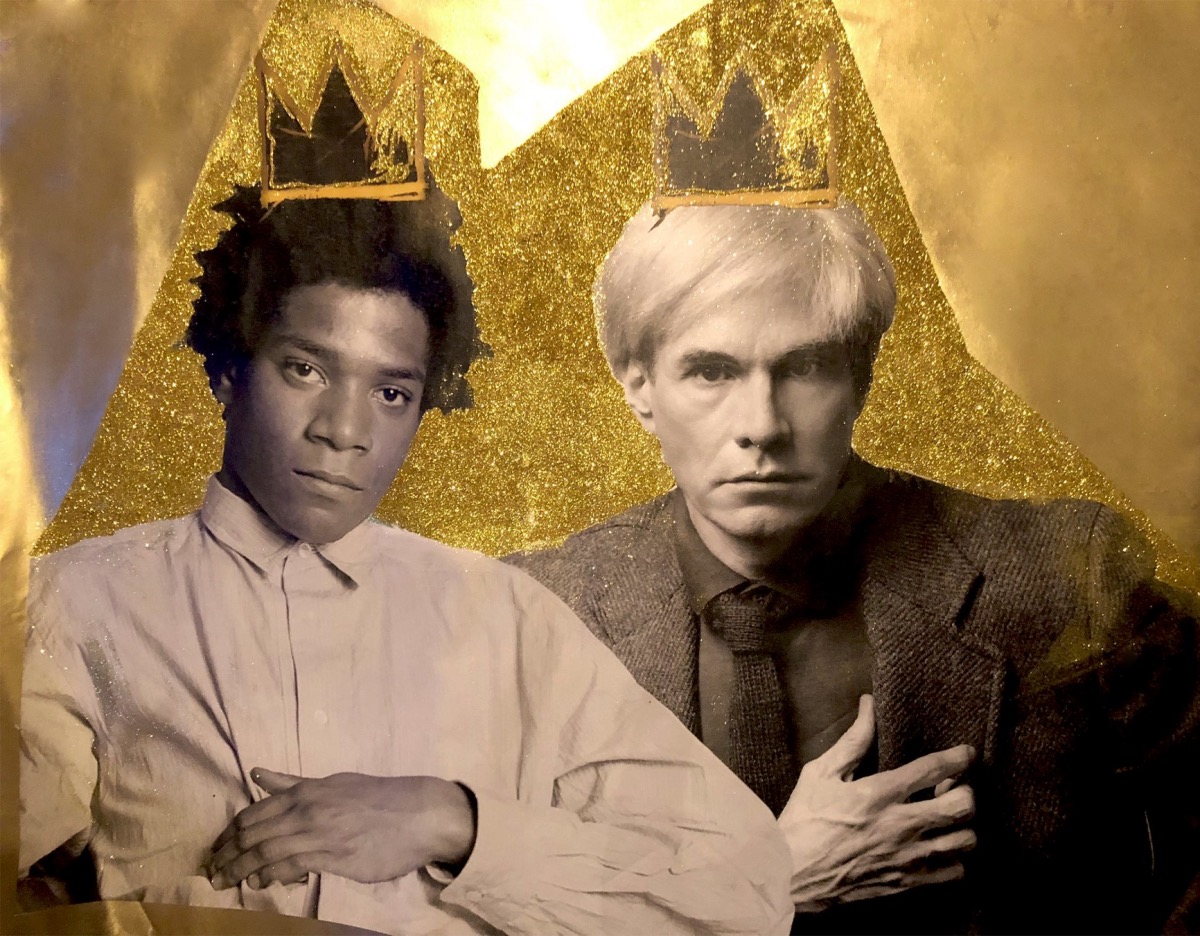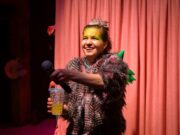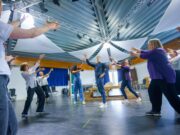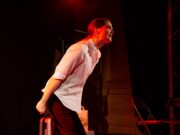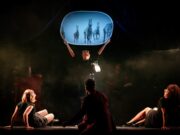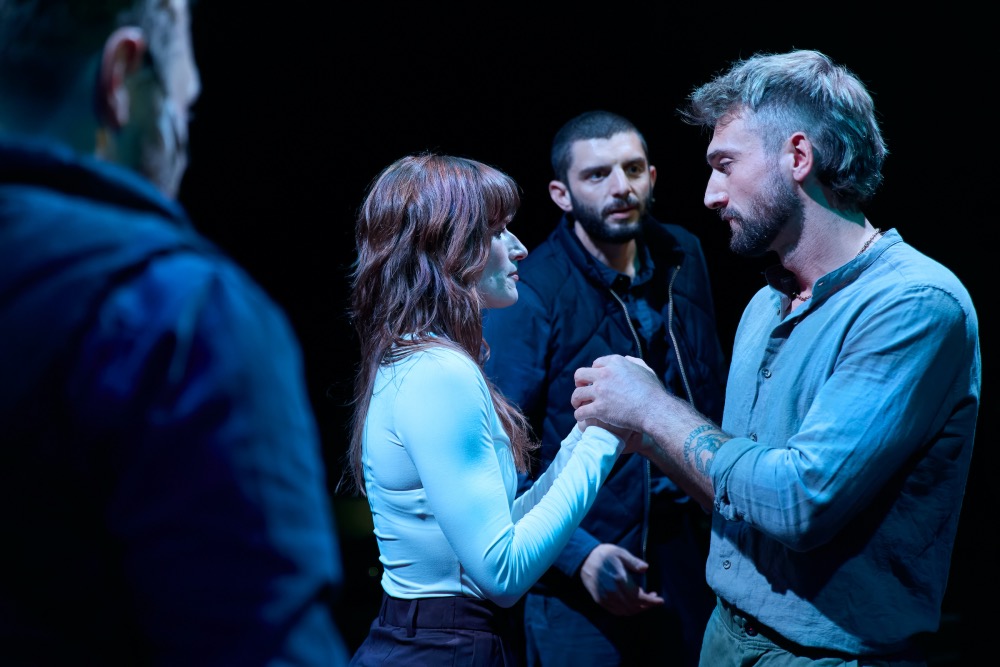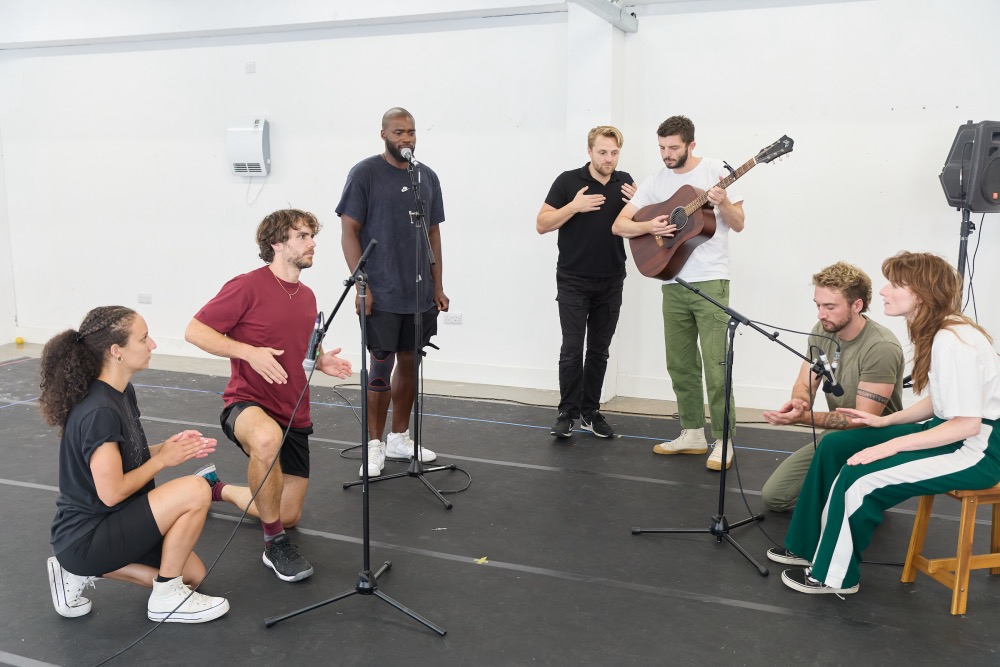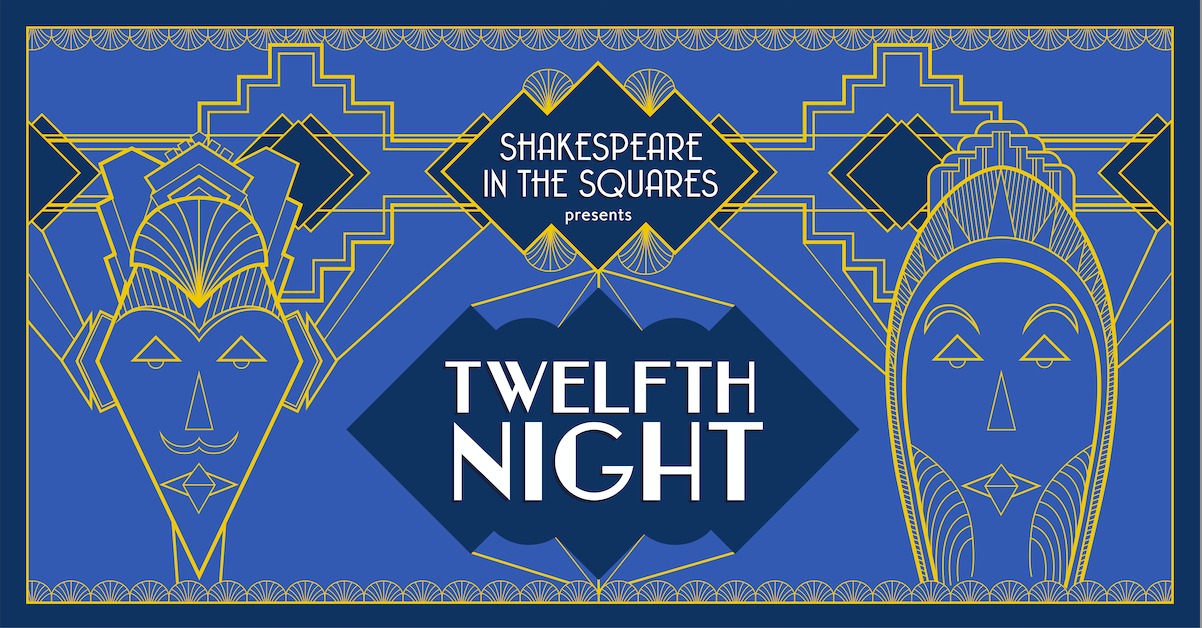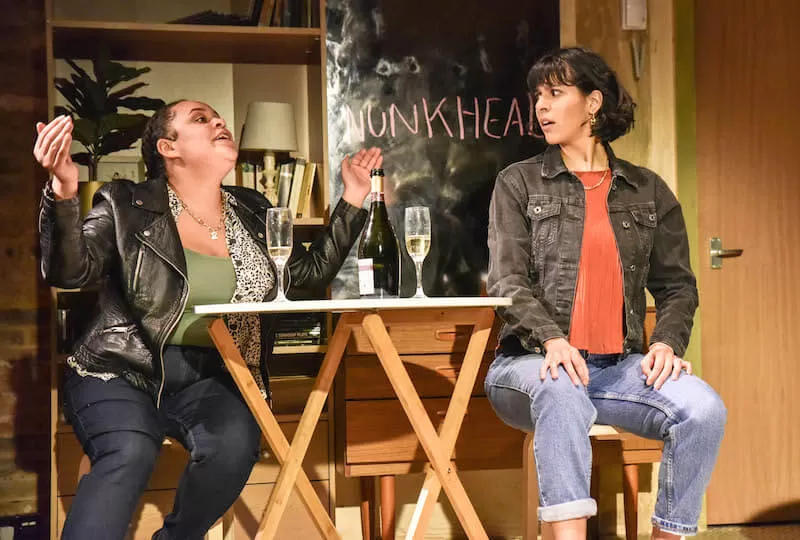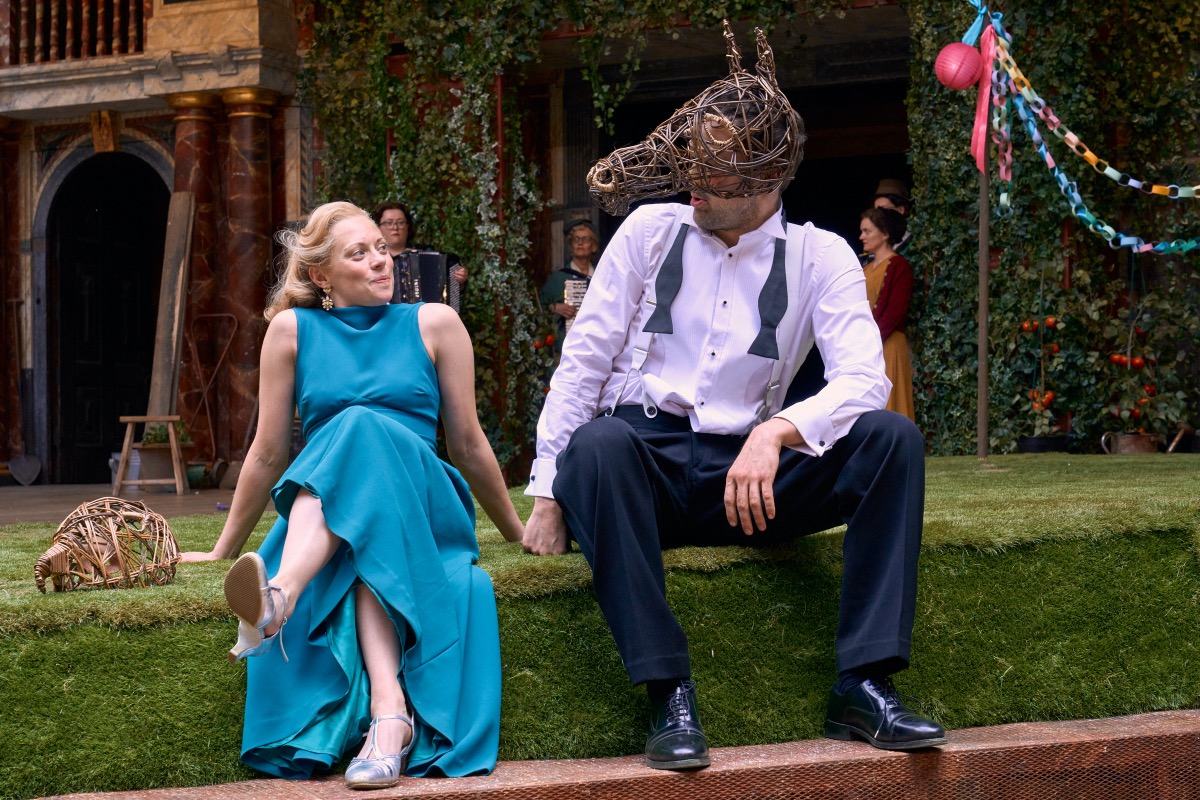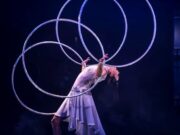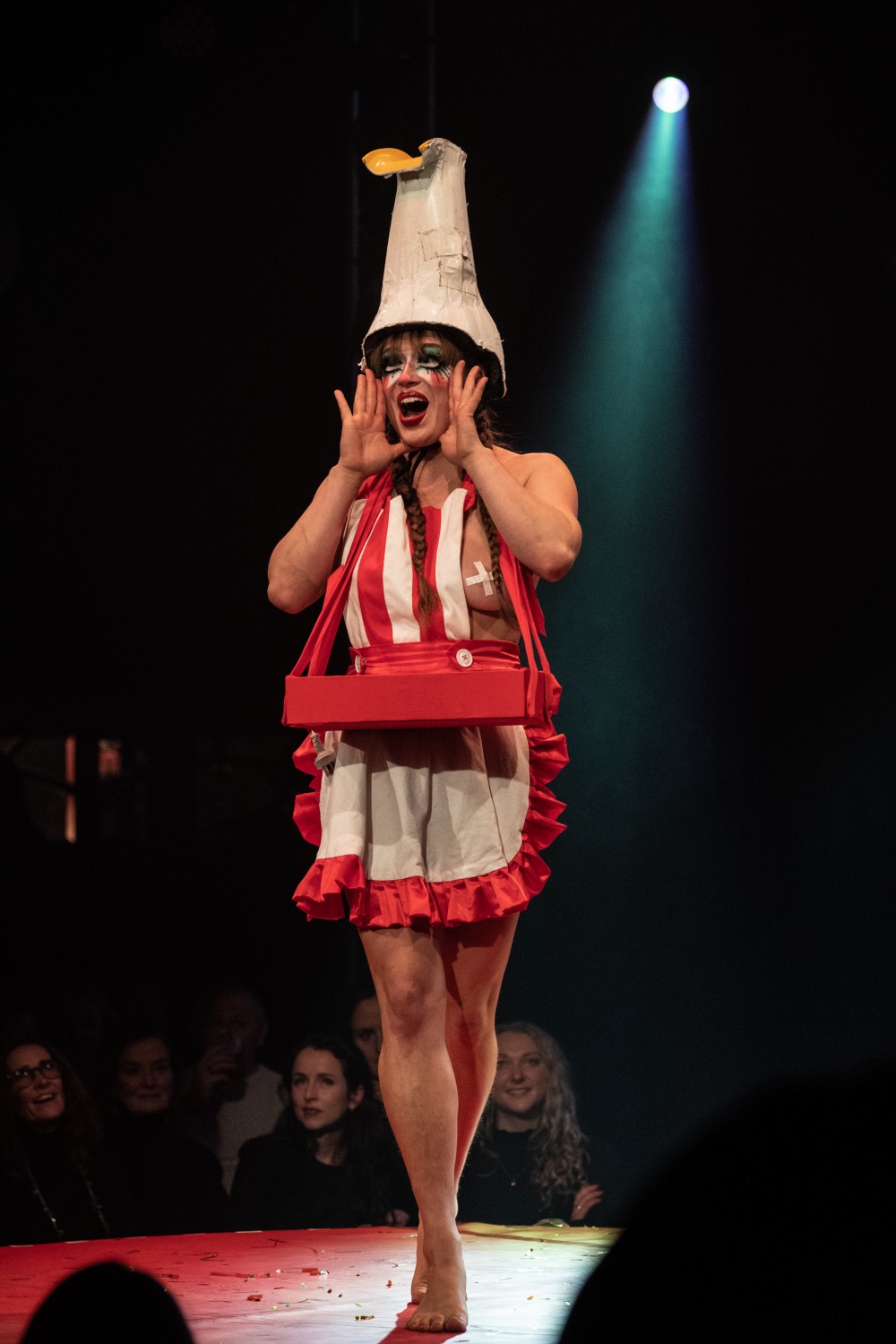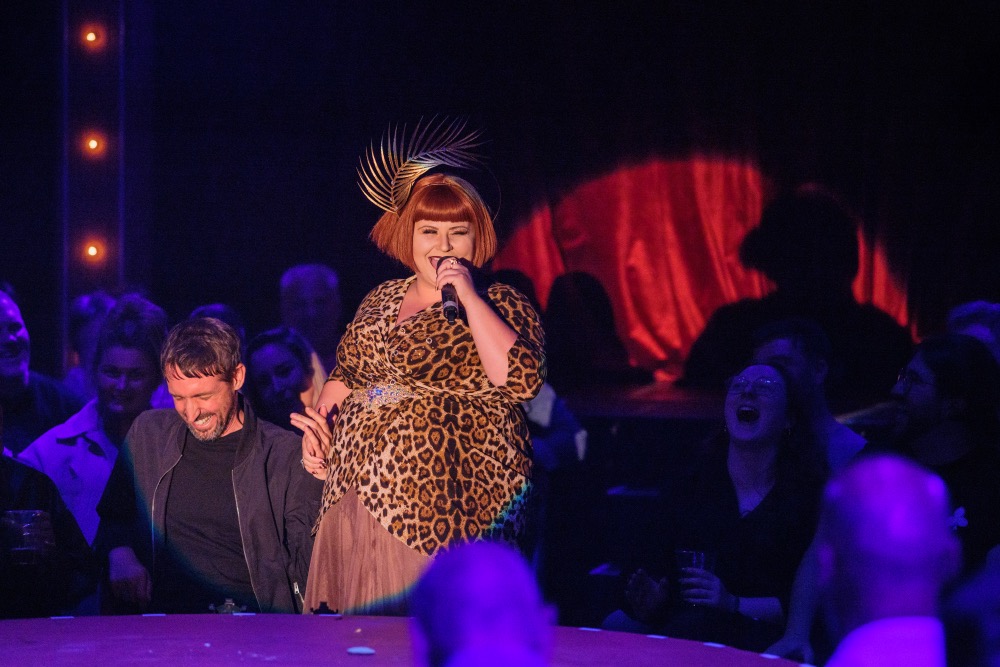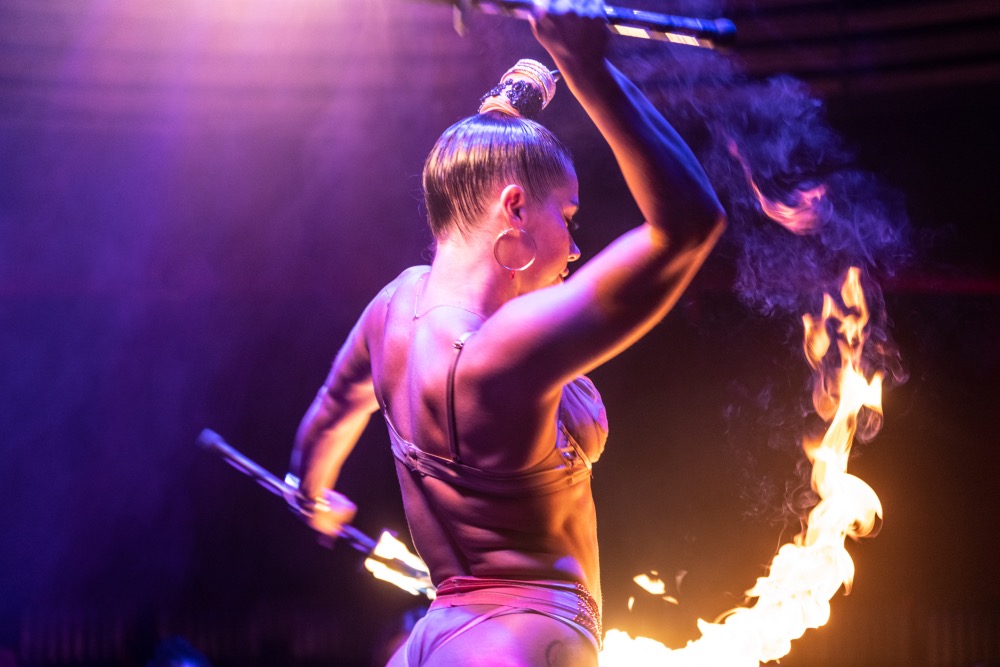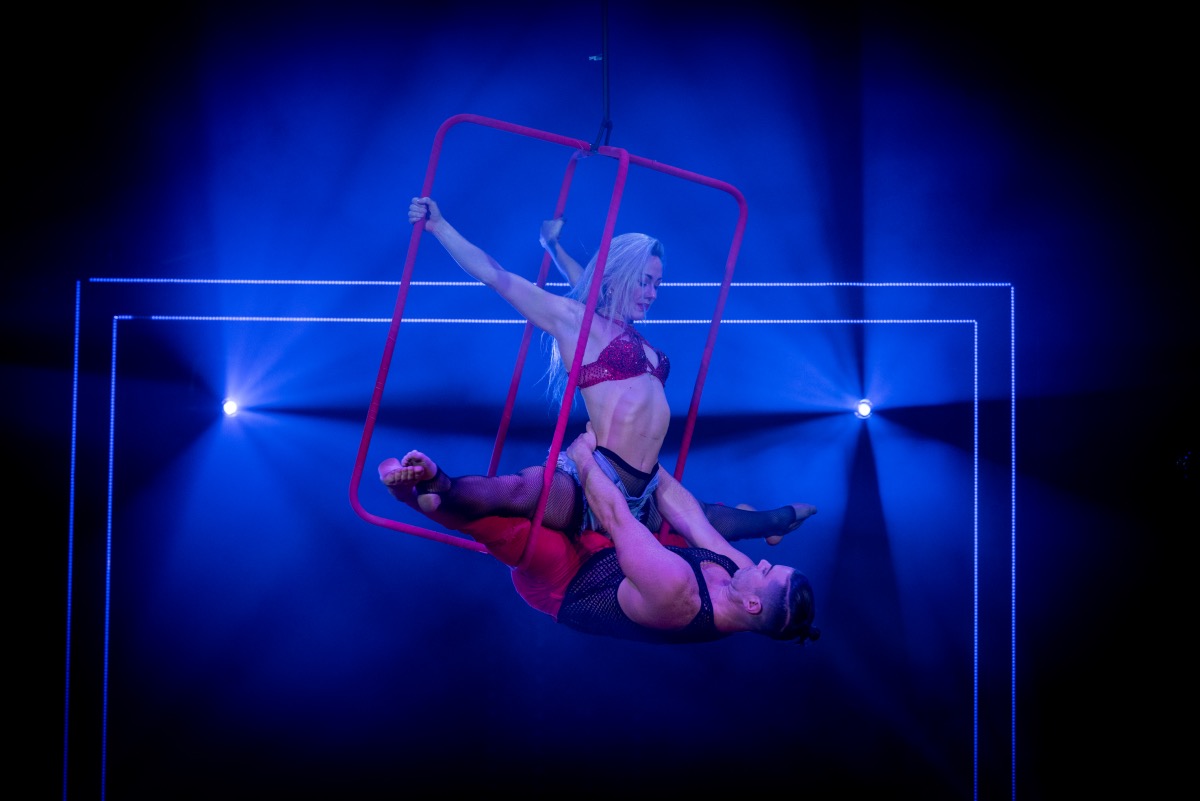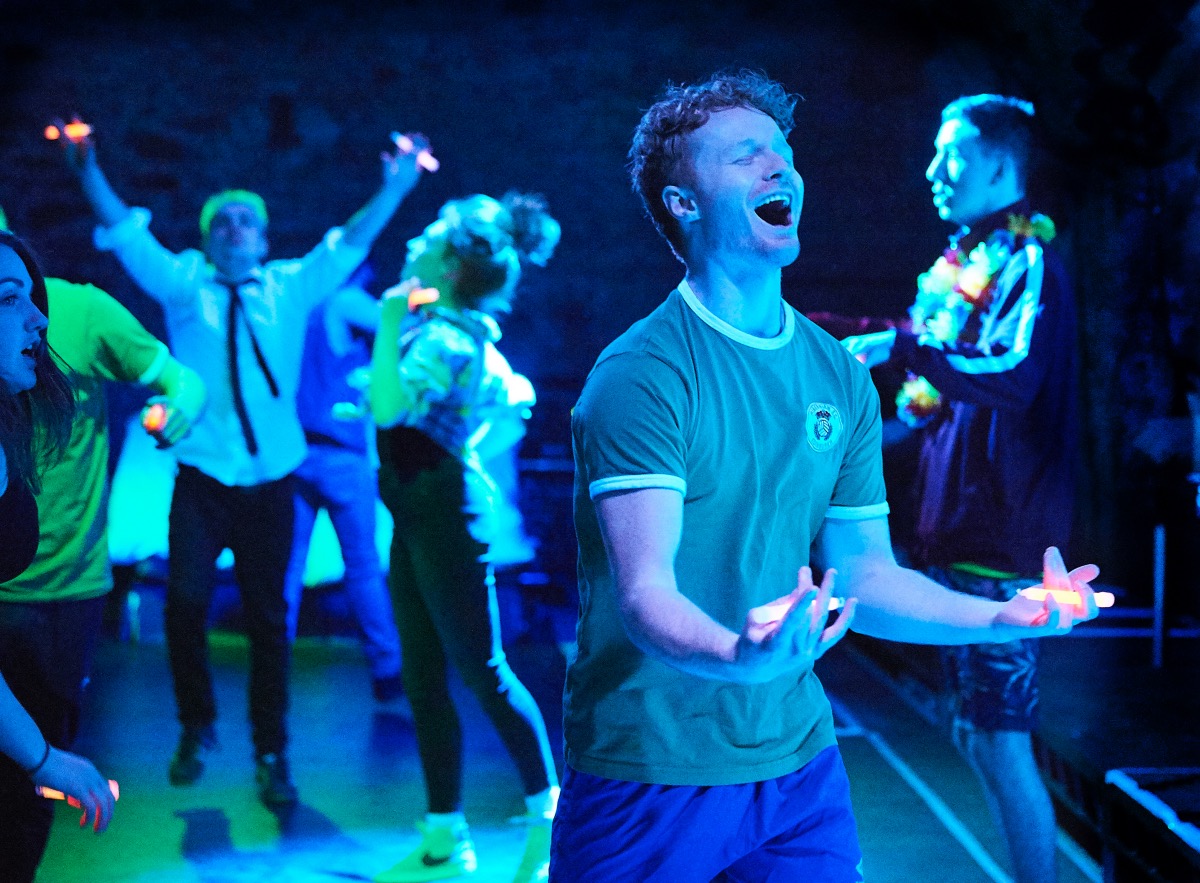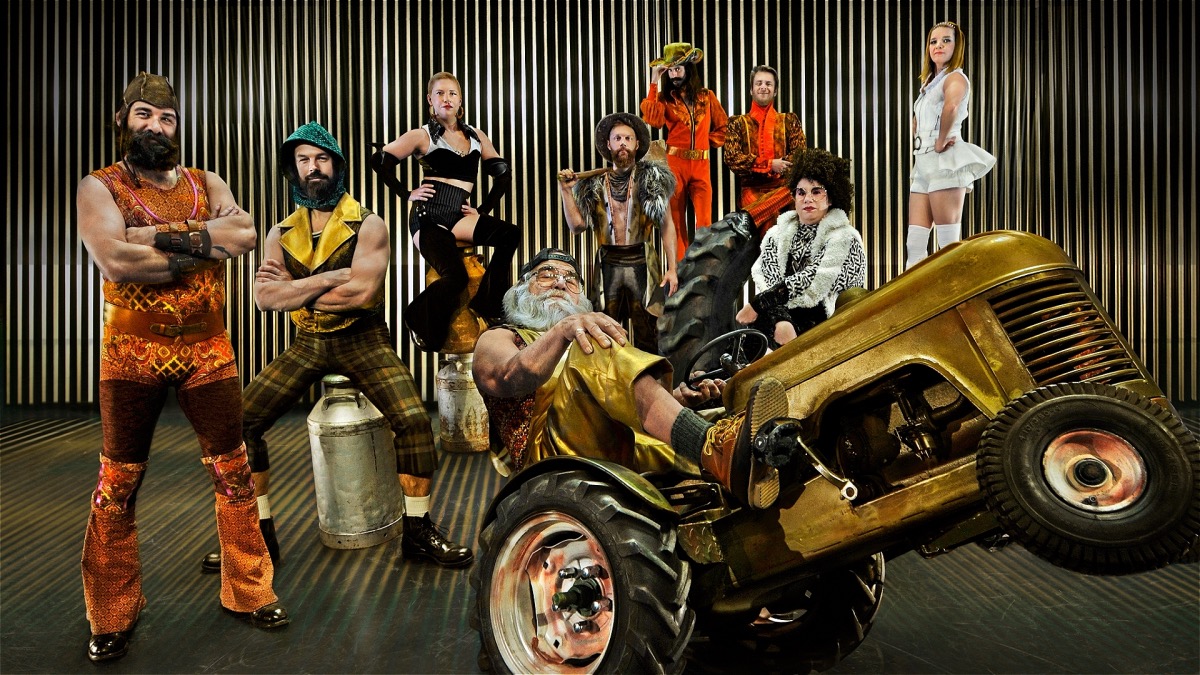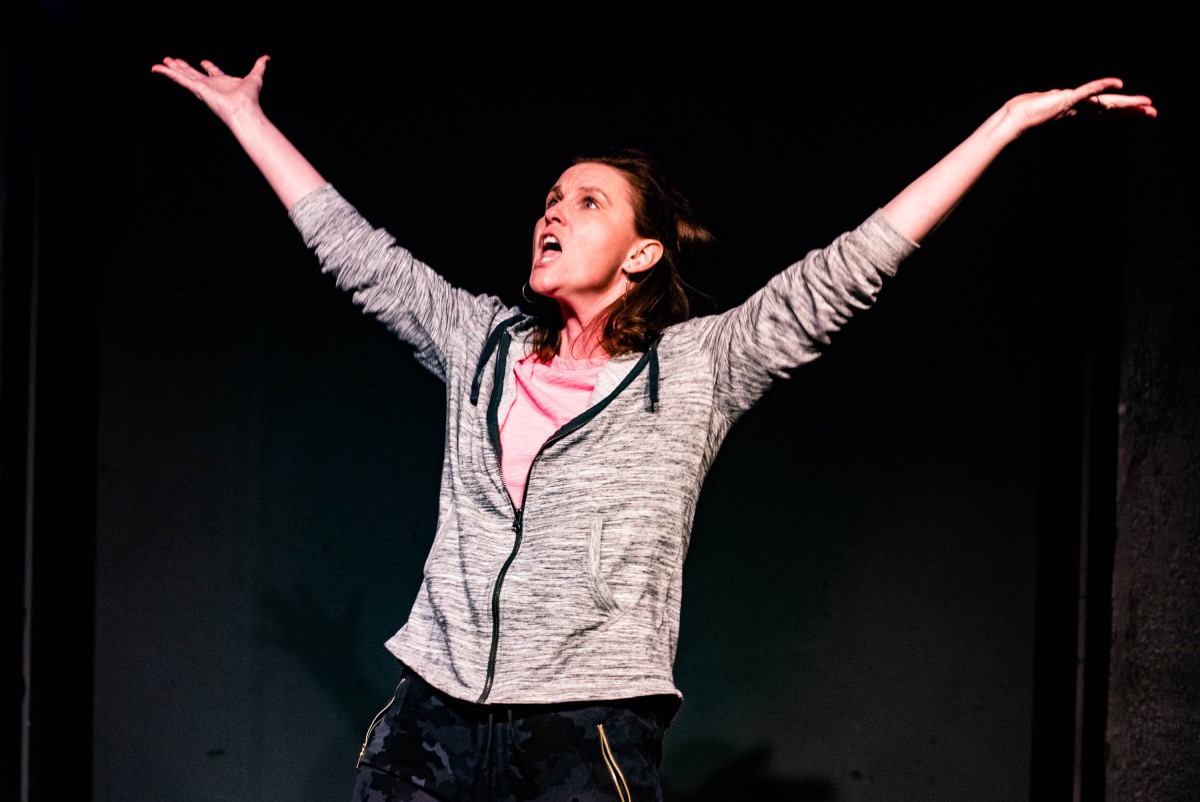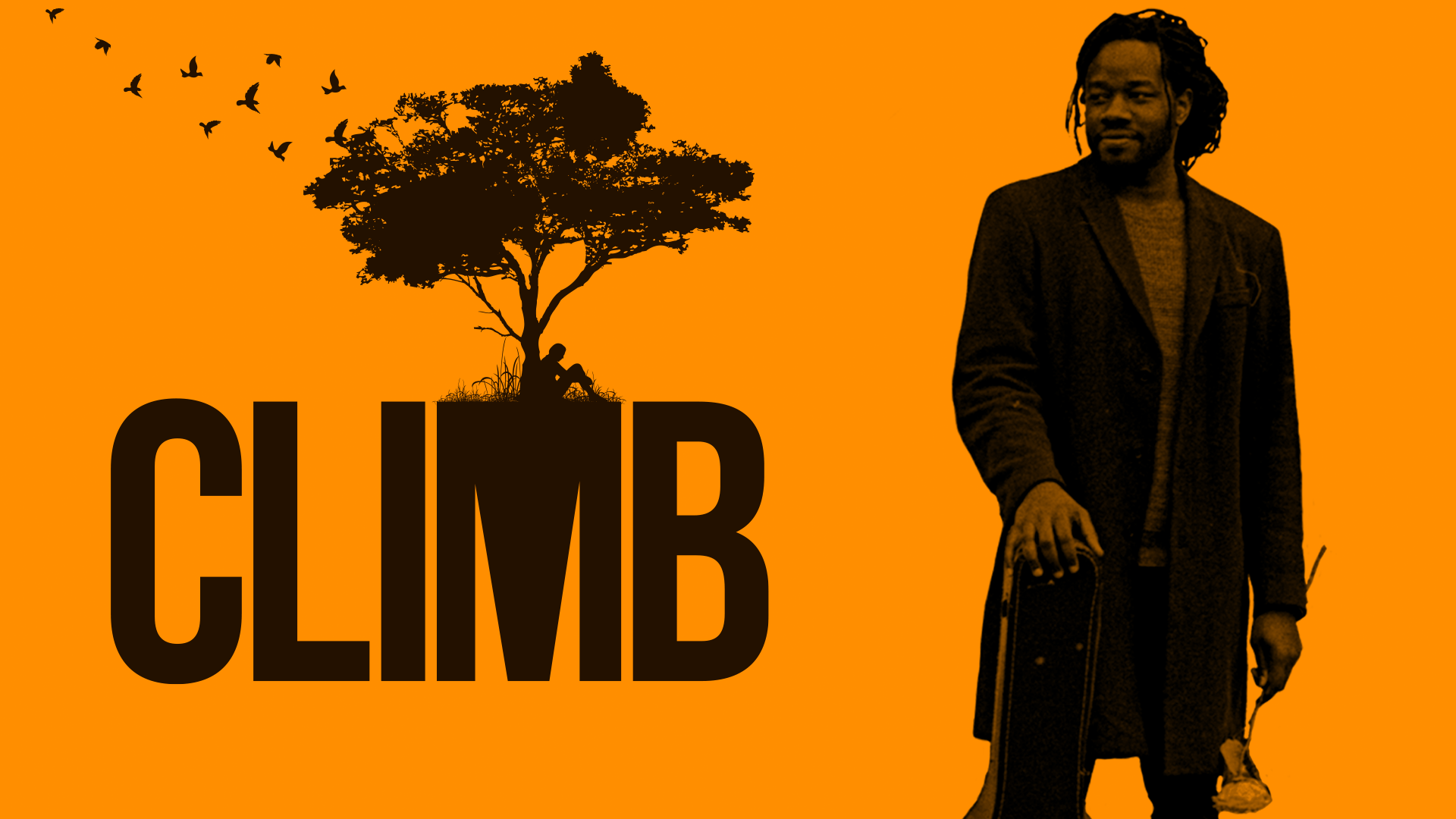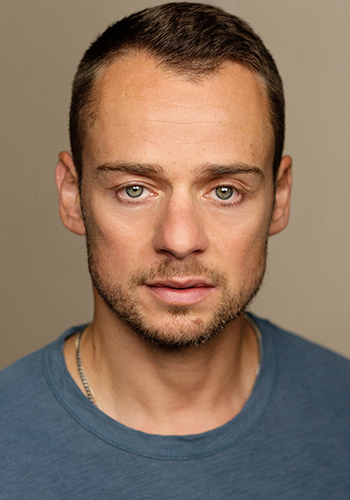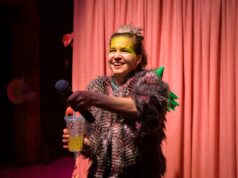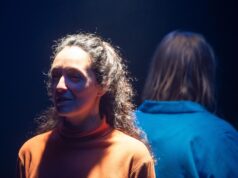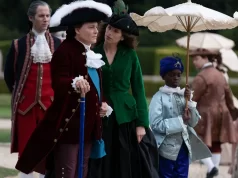Bernard Shaw’s Arms and the Man runs at the Orange Tree Theatre in Richmond from 19 November until 14 January, and marks Artistic Director Paul Miller’s final production.
What glory is there in killing wretched fugitives?
In the midst of a bloody central European war, a chance moonlit encounter throws together an idealistic young woman and a Swiss mercenary with an unexpectedly realistic attitude to soldiering.
Raina’s youthful love for Sergius, the swashbuckling fighting hero of the Bulgarian army, is challenged when she learns more of the realities of war. Bluntschli’s coolly ironic good sense starts to seem more like the future.
When Louka, the servant of the family with a spirit and ambition all of her own, sets her sights on Sergius, the stage is set for an epic moral battle.
The Artiscape spoke to Alex Waldmann who plays Bluntschli about his role in the upcoming production. To see his biography visit here.
What about the script interested you?
Waldmann: It was actually about much more than the script. The main attraction was the chance to work with Paul Miller (the director) again, on his very last show at the OT. Paul took over the running of the Orange Tree in 2014 at the same time as my family and I moved to Richmond and I immediately reached out to him to express how much I’d like to be involved. Both Rebecca Collingwood (playing Raina in this) and I were in his very first Bernard Shaw revival Widowers’ Houses in his first season.
I also appeared in The Mikvah Project here in early 2020, unfortunately curtailed due to the first Covid lockdown. The Orange Tree is my local theatre, and Paul and I have a long working relationship having first worked together back in 2005. I admire him as a director, I love working with him and have the greatest respect for what he has done during his tenure at the Orange Tree establishing it as one of London’s must-go theatrical destinations.
There was something of the “coming full-circle” about the project that was too hard to resist.
Can you tell us about your character?
Waldmann: I play Captain Bluntschli who we learn is a professional Swiss soldier fighting for the Servian army against the Bulgarians, not for any kind of ideological reason but purely as the way he makes a living. We meet him at the start of the play in a pretty desperate plight and at the very end of his tether – past his sell-by-date, desperate, physically and emotionally exhausted, starving, freezing and damaged by 15 long years of fighting as a soldier.
Bluntschli’s non-ideological, pragmatic and sceptical worldview is held up as a modern counterpoint to that of the other young soldier in the play, Saranoff, who represents the faux-heroism, bravado, nationalistic fervour and idealism of war. Both men are at once fascinated with, whilst being baffled by, the other and they are inexorably drawn together due to their ties with a young Bulgarian lady, Raina.
What are the challenges in playing the character for you?
Waldmann: Bluntschli is full of contradictions. On the surface he appears relatively cool, emotionally detached, intelligent, quick-thinking, practical and pragmatic. But we learn through the play how much more there is going on underneath, a man in pain, capable of deep feeling, running away from his past and an inevitable destiny that catches up with him in the end.
I really want to inject the reality and cost of war as the anchor to this rather brilliant anti-romantic romantic comedy of manners. It is a real challenge trying to tap into just how freezing it must have been fighting near the Balkans in the middle of winter, how starving he must have felt, how utterly exhausted he must be having not slept undisturbed for the best part of a year, and the inevitable PTSD of having to kill people or see friends be killed throughout a 15-year career in the military.
What are you looking forward to in performing in the show?
Waldmann: As with every play I’m in, it’s all about the doing it in front of an audience. I don’t love acting enough to want to just rehearse a play for its own sake in a rehearsal room. I’m really looking forward to putting on something at this time of year that people can hopefully come along and have a really great time watching. I think theatre is going to have a tricky time over the next few years post-pandemic and in a recession/cost of living crisis.
Any chance to act again on stage, and indeed to sit in an audience is a privilege that we shouldn’t take for granted, and our first duty, I think, is to entertain.
What can an audience expect with this play?
Waldmann: I think, as Paul has proved so brilliantly with all his early Shaw revivals, they’ll see something that is actually not what they expect when they think of George Bernard Shaw and the reputation he garnered for his later plays.
Rather than long-winded, overly wordy political diatribe, Arms and the Man is sharp, witty, provocative and surprisingly rather shocking in places. Whilst actual war rages on somewhat in the background, it has seven fully realised characters all fighting wars of their own for recognition and self-improvement in one way or another, and several knotty, interconnected love stories as these same people, from different backgrounds and classes interact with one another in an attempt to find meaning in their lives.
Shaw has a way of totally inverting classic archetypes in the scene you expect to be watching into something much more exciting, dangerous, sexy and irreverent.
Orange Tree Theatre





